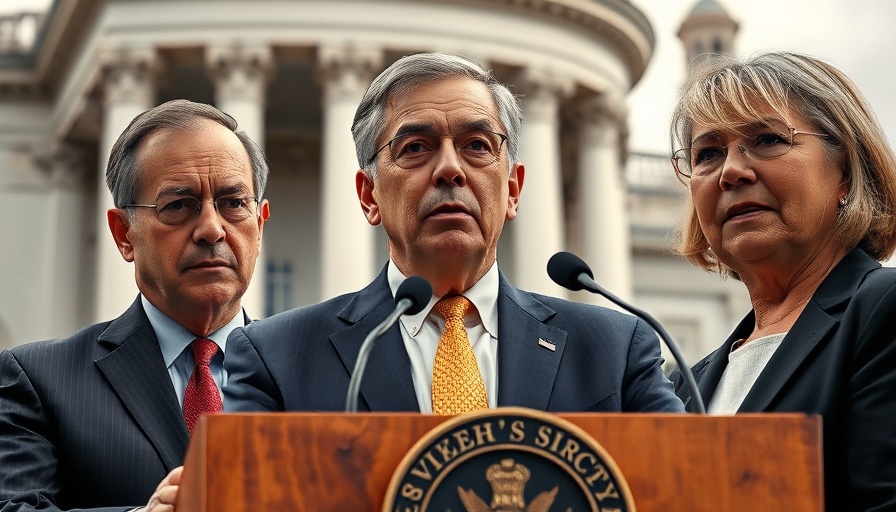
The Shift from a Dollar Dominance to a Multicurrency World
The long-standing structure of the global financial system is in flux, causing heightened interest among those who track cryptocurrency and its interactions with traditional finance. The de-dollarization movement hints at a transition to a multi-polar financial world. As it stands, the Trump administration is pushing toward financial innovations that embrace Bitcoin and decentralized currency. This shift away from reliance on the US dollar and the Federal Reserve (Fed) poses intriguing questions about the future of global finance and investment opportunities.
In 'New Financial World! 🌐 End of the Fed Scam? 💸 Trump's Stablecoin & Bitcoin Plan 🚀 (Free-Banking! 🏦),' the discussion dives into the evolving landscape of global finance, exploring key insights that sparked deeper analysis on our end.
The Role of Bitcoin and Stablecoins in the New Financial Era
Donald Trump's alleged interest in stablecoins seems to dovetail with a broader ambition to revamp the financial system. If implemented, the use of government-backed digital currencies could mitigate reliance on private stablecoins like USDT and USDC, which are currently controlled by non-governmental entities. The push for stablecoins backed by American institutions could see a transformation in financial competition, leading to more transparent, efficient transactions. Investors should monitor these developments closely, as they may herald a resurgence of banking systems built on decentralized finance (DeFi) principles.
Understanding the Current Financial System: Opportunities and Risks
Before diving deeper into future predictions, it’s essential to grasp the current financial landscape, which largely hinges on debt. The Federal Reserve's control of interest rates and the money supply has granted a significant advantage to banks and insiders while leaving average citizens at a disadvantage. The Canton Effect reflects how new money benefits the elite first, perpetuating wealth inequality. This systemic setup prompts a vital question for crypto investors: How can one navigate these risks and come out ahead in a shifting financial arena?
Will Trump's Strategies Foster Greater Financial Innovation?
As the financial landscape evolves, Trump's possible implementations, including an audit of gold reserves and the establishment of a cryptocurrency reserve, could set the stage for an equity-based currency system. The advantage of a financial model backed by actual assets is clear: it could restore public trust in the US dollar and curb inflation-related fluctuations. The potential return to an era of free banking from before 1913 opens doors for nuanced investment strategies, including allocating resources toward cryptocurrencies like Bitcoin and Ethereum.
Risks in Context: Understanding Market Volatility
Market volatility remains a double-edged sword. For traders, conditions can inspire fear or offer lucrative opportunities. However, increased interest rates and tariffs might lead to economic slowdowns that influence crypto prices. Such uncertainty makes it crucial for investors to maintain well-diversified portfolios and consider employing automatic strategies like dollar-cost averaging (DCA) to buffer their investments against erratic market movements.
Taking Action: How to Prepare for the Future of Finance
In this ever-changing financial landscape, knowledge is power. Investors must proactively educate themselves about cryptocurrency and its implications by engaging with quality crypto news and educational content. Resources like Uphold and Go Baby Trade offer tools and platforms for effective crypto management, ensuring your assets remain secure. Tactics like staking and yield farming can be employed to leverage current market conditions, paving the way for long-term growth and innovation.
Ultimately, while the changing tides in the financial ecosystem may be daunting, they also present significant opportunities for those willing to adapt. Keeping an eye on regulatory changes, robust research on emerging technologies, and establishing sound investment strategies can position investors favorably. Remember, the digital revolution in finance is not merely reactive—it requires informed and deliberate action.
 Add Row
Add Row  Add
Add 




 Add Row
Add Row  Add
Add
Write A Comment